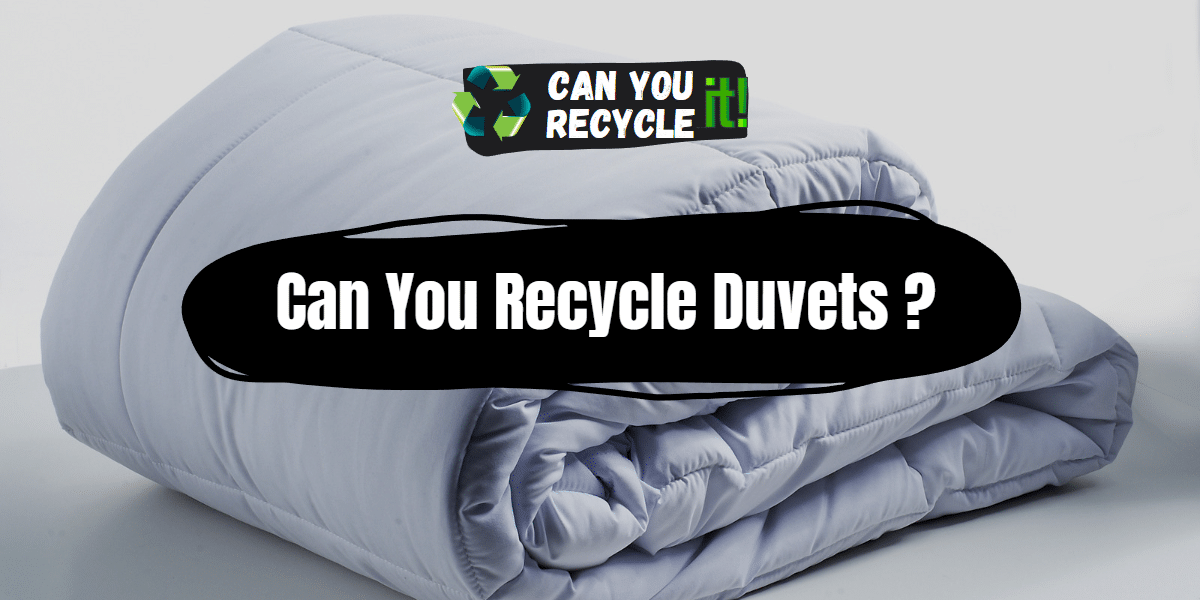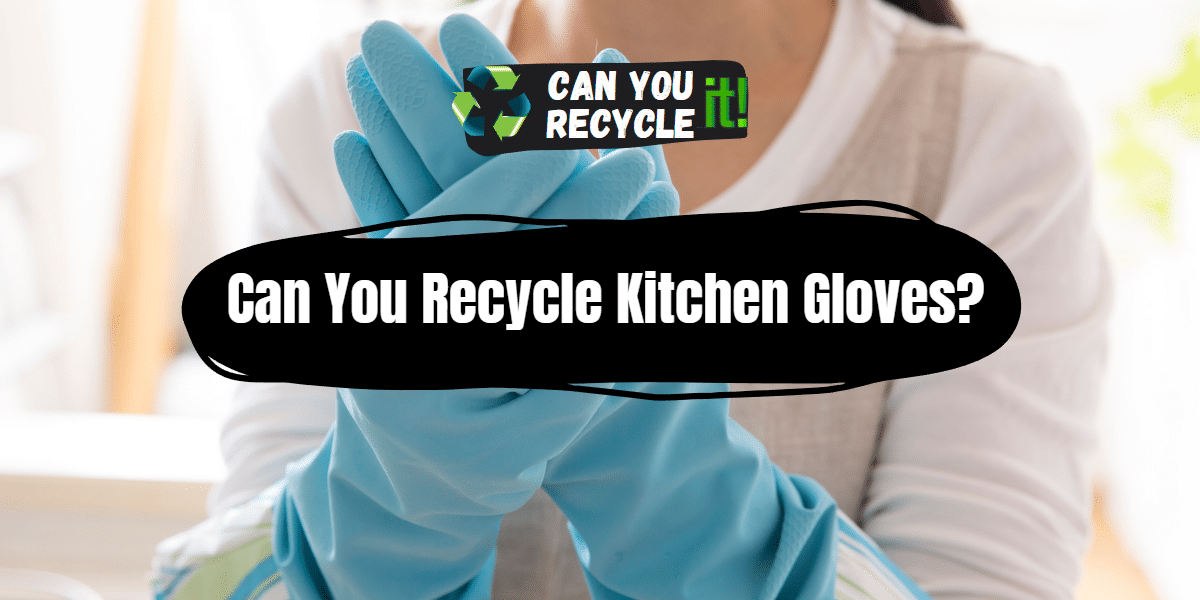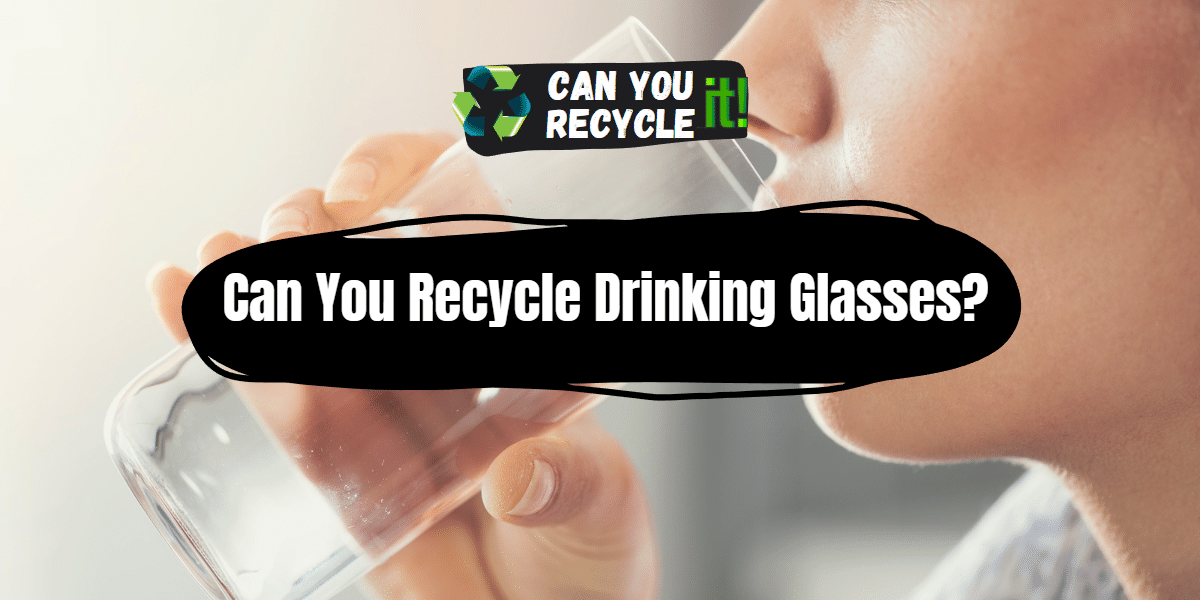Recycling duvets might seem like a simple question, but the answer isn’t as straightforward as a simple yes or no. Duvets, being bulky and made of multiple materials, pose unique challenges regarding recycling.
In this article, we will explore the dos and don’ts of duvet recycling, provide a step-by-step guide on can you recycle duvets, discuss alternative options for duvets that cannot be recycled, examine the environmental impact of duvet recycling, answer frequently asked questions, and conclude with some final thoughts on the subject.
Table of Contents
Do’s and Don’ts
When it comes to recycling duvets, there are a few dos and don’ts to keep in mind:
Dos
- Check local recycling guidelines: Different areas have different recycling facilities and guidelines. Check with your area’s local recycling center or municipal waste management department to understand the specific regulations and options available for duvet recycling.
- Donate in good condition: If your duvet is in good condition and still usable, consider donating it to local shelters, charities, or organizations that accept bedding donations.
- Separate components: If your duvet has removable covers or other detachable components, separate them before recycling. Some parts may be recyclable, while others may need alternative disposal methods.
- Consider upcycling: Get creative and repurpose your old duvet into something new. For example, you can use the filling as cushion stuffing or repurpose the fabric into pet beds or craft projects.
Don’ts
- Put in regular recycling bins: Duvets are not typically accepted in regular household recycling bins. They are too large and bulky to be processed through traditional recycling systems.
- Dispose of general waste: Avoid throwing duvets in the general waste bin as they take up valuable landfill space and contribute to environmental pollution.
5-Step Guide to Recycle Duvets
Recycling duvets requires some extra effort, but it can be done. Here’s a five-step guide to recycling your duvets responsibly:
Step 1
Check Local Recycling Options: Research local recycling centers or textile recycling facilities that accept duvets. Some regions may have specialized programs for bedding recycling, while others may offer drop-off points at designated locations.
Step 2
Clean and Prepare: Before recycling, make sure to clean your duvet thoroughly according to the manufacturer’s instructions. Remove any detachable components, such as covers or decorative elements, as they may have different recycling requirements.
Step 3
Find Recycling Facilities: Contact the identified recycling centers or facilities to verify their duvet recycling policies and procedures. Some centers may require duvets to be dropped off directly, while others might have specific collection days or events.
Step 4
Transport to Recycling Center: If the recycling facility does not offer a pickup service, pack your duvets securely in a bag or box and transport them to the designated location. Ensure that the duvets are dry to prevent mold growth during transportation.
Step 5
Follow Recycling Guidelines: When dropping off your duvets, follow the instructions provided by the recycling facility. They may ask you to separate specific components or provide additional information on disposing of other bedding-related items like pillows or mattress toppers.
What to Do with Duvets That Cannot Be Recycled
In some cases, duvets may not be accepted for recycling for various reasons, such as contamination or local recycling limitations. Here are a few alternative options for duvets that cannot be recycled:
- Donate to animal shelters: Contact local animal shelters or rescue organizations to see if they accept duvets as animal bedding. Many shelters welcome donations of clean, used duvets to provide warmth and comfort to needy animals.
- Repurpose at home: Get creative and find new uses for your old duvets within your own household. They can be transformed into pet beds, cushion fillings, or temporary furniture covers during renovations.
- Consider professional cleaning: If your duvet is in good condition but cannot be recycled, consider cleaning it professionally and then donate or give it to someone in need.
Environmental Impact of Recycling Duvets
- Reduces Landfill Waste: Recycling duvets help divert them from ending up in landfills, reducing the burden on waste management systems and conserving valuable landfill space.
- Conservation of Resources: By recycling duvets, we can minimize the need for raw materials like cotton, feathers, and synthetic fibers, conserving natural resources such as water and energy used in their production.
- Decreases Carbon Footprint: Recycling duvets help lower the carbon footprint associated with their manufacturing and transportation. By choosing recycling over disposal, we contribute to reducing greenhouse gas emissions and combating climate change.
- Promotes Circular Economy: Recycling duvets supports a circular economy by reintroducing materials into the production cycle. This reduces the demand for virgin resources and promotes a more sustainable approach to resource management.
Remember, recycling duvets is an essential step towards a greener future, reducing waste, conserving resources, and positively impacting the environment.
FAQs for Can You Recycle Duvets
Can duvets be recycled with regular paper or plastic recycling?
No, duvets cannot be recycled with regular paper or plastic recycling due to their size, bulkiness, and different composition. They require specialized recycling facilities.
Are all duvets recyclable?
While most duvets can be recycled, it ultimately depends on your local area’s recycling capabilities and guidelines. Check with your local recycling center for specific information.
Can I recycle duvets with my regular textile recycling?
Not always. Some textile recycling programs accept duvets, but others may not due to the specific challenges they present. Contact your local recycling facility for guidance.
Conclusion and final thoughts 💭
Recycling duvets is an environmentally responsible choice that helps reduce waste and conserve resources. While the process may require some extra effort, its positive impact on the environment is well worth it. Remember to check local recycling guidelines, separate components, and explore alternative options for duvets that cannot be recycled. By taking these steps, you can contribute to a more sustainable future and make a difference in your community.





Leave a Reply